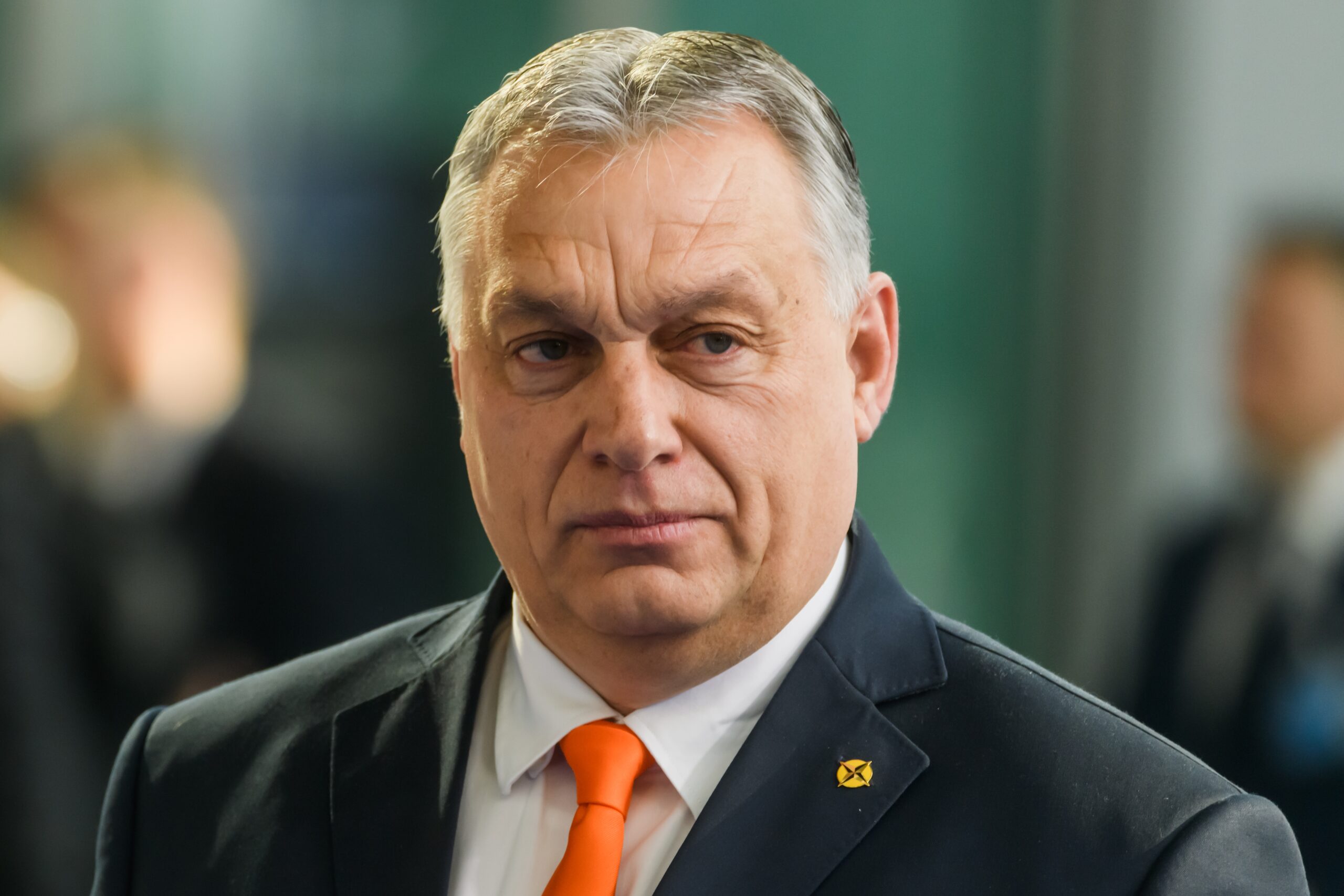The European Commission has announced the creation of an internal team to investigate espionage activities conducted by Hungarian intelligence services within EU institutions. The move follows reports by investigative outlets Direkt36, Paper Trail Media, and De Tijd, which detailed targeted operations by the Hungarian foreign intelligence service (IH) between 2012 and 2018. Alarm in Brussels was heightened further by the recent arrest of a Belgian employee suspected of spying for China, prompting increased scrutiny of intelligence threats.
According to the investigations, a diplomat known as “V.” played a central role in the network while heading the IH residency in Brussels under diplomatic cover. Initially presenting meetings with Hungarian officials at the European Commission as informal exchanges, he gradually sought access to confidential information and unofficial rumors. At one point, he attempted to recruit a contact formally for cooperation with intelligence, even offering funding for a personal project.
In addition, another diplomat, “E.,” developed a network of Hungarian contacts within EU institutions, gathering details about their positions and access to sensitive information to identify potential sources. A third figure, “D.,” reportedly met a Hungarian official in Budapest to request internal, non-public documents, justifying the action as serving Hungary’s national interest. Some officials were also pressured to adjust the content of reports to align with Budapest’s policy preferences, with targeted topics including media freedom, fiscal policy, and taxation legislation.
The network ultimately collapsed in 2017 after diplomat “V.” was exposed, forcing Hungarian intelligence to rebuild operations from scratch. Analysts attributed the failure to operational missteps, such as insecure communications, aggressive recruitment efforts, and insufficient secrecy during meetings.
The revelations come amid heightened tensions between Viktor Orban’s government and the European Commission over issues such as rule of law, media independence, and EU fund management. The intelligence operations appear to have aimed at providing Hungary with advance warning of Brussels’ actions that could threaten government interests.
Belgian authorities have stressed the seriousness of espionage concerns in EU institutions. Deputy Prime Minister and Foreign Minister Maxime Prévot noted that activity conducted under diplomatic cover undermines trust between countries. While Belgium continues to regard Hungary as a cooperation partner, it has restricted the sharing of sensitive intelligence, providing only low-risk reports and treating information from Hungary, particularly on Russia and Ukraine, with caution.
The European Commission emphasized that there is no evidence that Commissioner Oliver Várhelyi, who led Hungary’s Permanent Representation to the EU from 2015 to 2019, violated his duties. Budapest has declined to respond to media inquiries regarding the case.
EU officials have warned that the union is not prepared for hostile actions from its own member states. Current procedures for accessing classified information require national verification, allowing member-state services to identify citizens working on sensitive issues, representing a structural vulnerability.
Despite the scandal, Hungary continues to strengthen its presence in Brussels. Eight new diplomats are being sent to the Permanent Representation, with one position funded directly by Hungarian counterintelligence to maintain regular contact with other services. Belgian authorities are also closely monitoring the newly opened “House of Hungary,” a cultural center strategically located across from the Prime Minister’s office, which could potentially serve intelligence-gathering purposes.
The Hungarian espionage operations, spanning 2012–2018 and collapsing in 2017, relied on informal meetings, appeals to patriotic duty, promises of funding, requests for internal documents, and pressure to alter reports. The primary targets were Hungarian nationals working within EU institutions, rather than foreign staff.
The scandal raises concerns about both the loyalty of a member state to the EU and the institutions’ capacity to safeguard against internal espionage. The European Commission has launched an internal investigation, while Belgian services are increasing surveillance of Hungarian diplomatic and cultural facilities in Brussels. There is no publicly available information regarding any ongoing IH operations in the EU capital.

